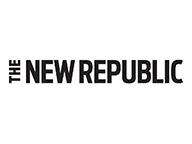School News
—
Undergraduate student Parbs Anant is named to the Poets & Quants 2019 "Best & Brightest" list
—

Excerpt from Poets & Quants -- "The Social Impact Core at Stern has dispelled the myth that you can’t do good for society and also be financially healthy. I have gotten exposure to the different ways that I can be a strong business leader who also does well for her community."
School News
—

Excerpt from Poets & Quants -- "The Social Impact Core at Stern has dispelled the myth that you can’t do good for society and also be financially healthy. I have gotten exposure to the different ways that I can be a strong business leader who also does well for her community."




















